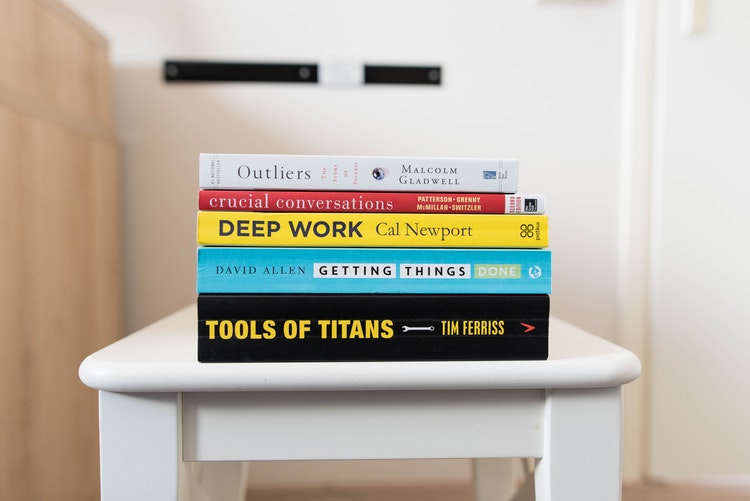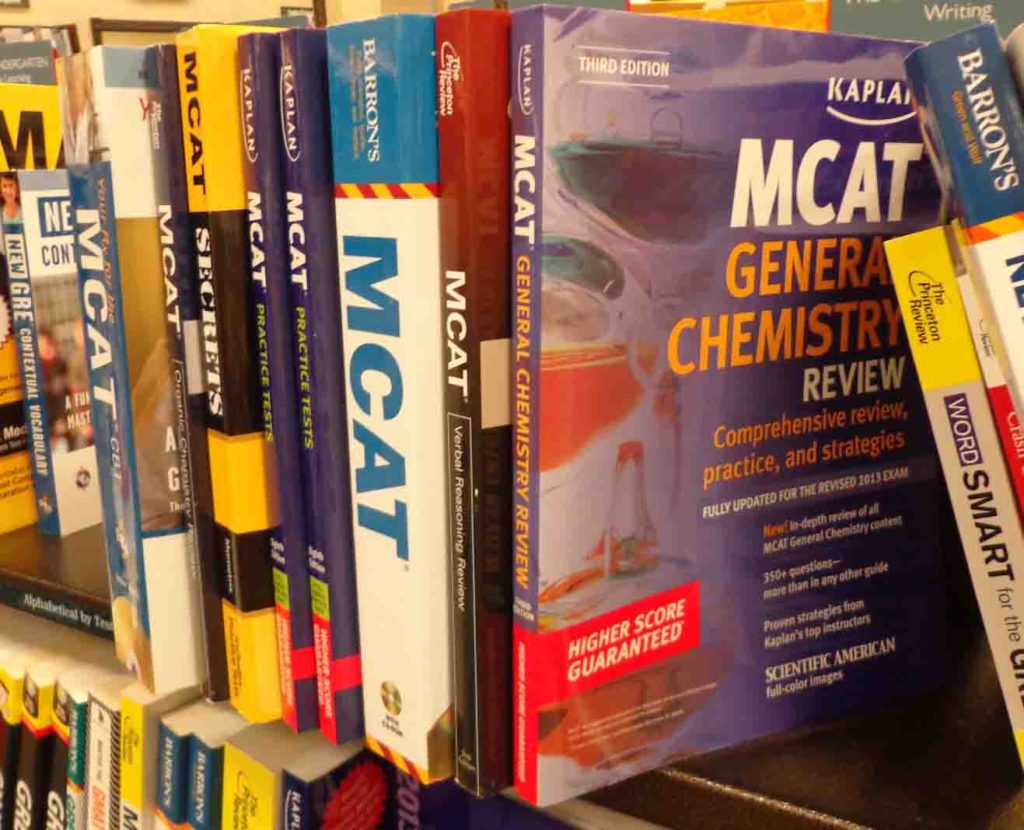A key focus of my blog is Career Discussions. There quite a few instances where people start one career and then decide that they want to do something else later in life. While it isn’t uncommon there are things to consider when changing your career. The following contributed post is entitled, How To Plan For A Career Change Later In Life.
* * *

Unlike in the past when it was expected that people would go to college and study for a career that they would work at until they were able to retire, things are now changing and it’s becoming easier for people to change their careers – even after they’ve been working in them for a while, so if you’re currently feeling like you’d like a change of pace in your career, but don’t know where or how to start, then in this post we’re going to share with you how to plan for a career change later in life.
Decide what you want:
The very first step to making any big change in your life is by deciding what it is you actually want because in order for a goal to become reality, you really have to be aligned with it on an emotional level and not just pick something out of thin air that you think sounds goos, so really deciding what it is you want in terms of your new career is going to be the easiest way to start planning to make it happen.
Be realistic and flexible:
Of course, it’s all very well and good for us to tell you to just follow your dreams, and whilst that is something you should always be looking to do, it’s important to remember to be realistic, practical and flexible. Not the most sexy things to think of when going after what you’re passionate about, we know, but it’s going to make life a lot easier. So, for example, if you’re approaching retirement age, have been working as an engineer designing AdBlue tanks your whole life, but have always wanted to work as a DJ, then perhaps it’s not going to be the most viable career choice at this point in your life, so a better approach would be to maybe take this up as a hobby and take some classes so you can still have that as part of your life and have fun with it.
Look at your skills:
To follow on from the above point of being realistic, knowing where your strengths and weaknesses are in terms of what kind of career you’d like to have is also very important. That’s not to say that just because you don’t have skills in the area you’d like to work, it’s impossible to work there – you might just have to go and get some further qualifications and gain those skills, or instead look to focus in an area where you do have the skillset available already that you could apply or transfer from your exisiting career.
Start researching:
Once you’ve identified what you want to do and if it’s going to be a realistic option for you, then it’s time to start the research part of your plan – researching what you actually want to do and how you’re going to make it happen. Research will include things like looking at the job market, looking at what skills you’d require and what you’ll have to do in order to get them, and it can also include things like looking to see if you’re better to look for jobs in other countries or cities if the market in your home country isn’t the best right now.
Take action:
Of course, a plan is nothing more than a plan if you don’t take action to make it happen, so taking action is definitely crucial to making your goal a reality, and it’s important to know that although research is something that’s important to your plan overall, it’s not something you should be getting too caught up in because many people end up stuck in the research phase and never actually move beyond this, which is obviously not the point.
The idea is to research the essential parts and then take from that what you need in order to get to the next phase and bring the plan to life.
We hope that this post was useful in helping you determine what steps you might need to take if you’re planning a career change later in life, but also so that you can see it’s definitely possible and that you really only need to follow a few steps to stop yourself becoming overwhelmed with the process.
There’s nothing wrong with starting a new career from scratch later in life, and having a simple plan in place is really going to make the process a lot easier and faster for you so hopefully you can get started now and not worry about whether or not you’re ever going to be able to make it happen.












